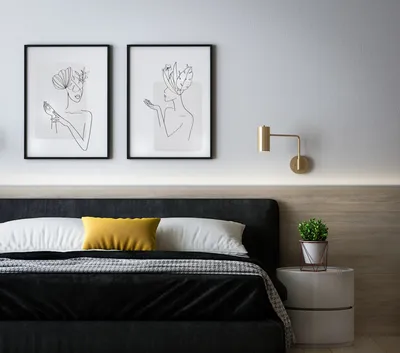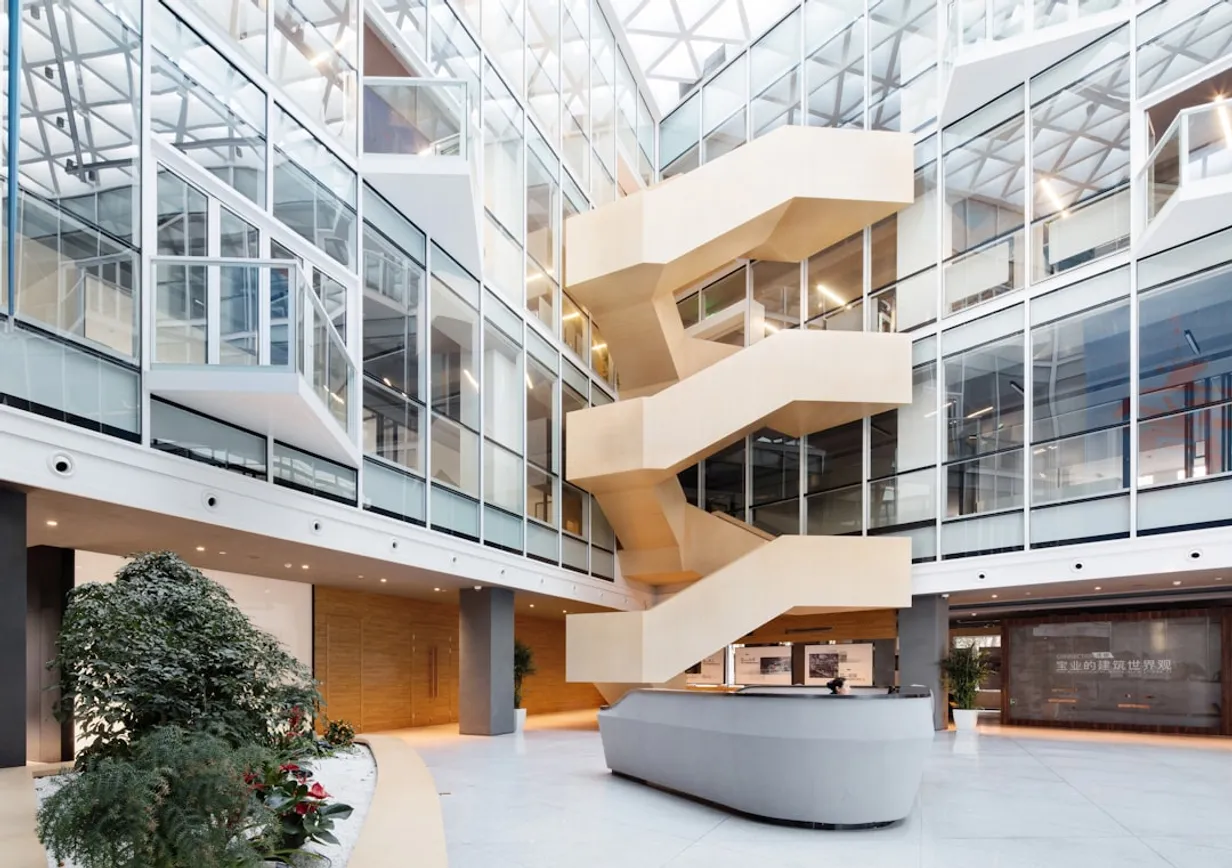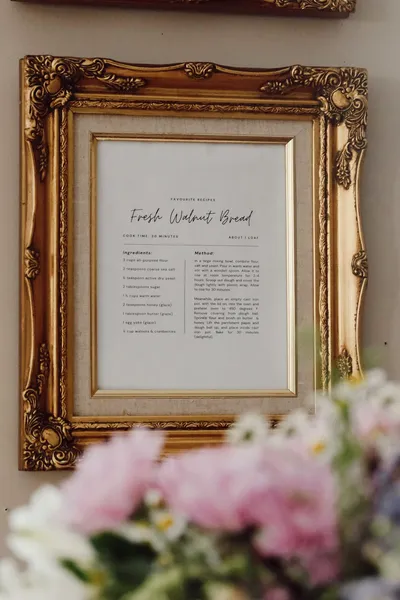Understanding Modern Design
Modern design, often confused with contemporary design, is a style that emerged in the late 19th century and solidified its form in the 1930s. It is characterized by simplicity, functionality, and a connection with nature. Rooted in the minimalist principles of clean lines and uncluttered spaces, modern design is all about creating balance and harmony within a space.
The Principles of Modern Design
Modern design adheres to a few core principles which include minimalism, balance, and a neutral color palette. The use of natural materials like wood, leather, and metals combined with monochromatic hues enhances the clean essence of modern spaces. Function over form is a crucial aspect, ensuring every piece of furniture or decoration serves a purpose.
Benefits of Modern Design
One of the primary benefits of modern design is its timeless appeal. The uncluttered, clean lines are not trends that come and go. Instead, they provide a stable canvas upon which users can build character and personality over time. Additionally, the emphasis on natural elements often creates calming environments that bring tranquility to any home or workspace.
Incorporating Modern Design into Your Space
Whether you’re decorating a new home or revamping a current one, modern design principles are easy to incorporate. Begin by decluttering: remove unnecessary items and focus on furniture that is both functional and stylish. Opt for neutral tones as a base and add color with art or textiles. Choose pieces with simple shapes and natural materials to create a streamlined look.
Lighting and Textures in Modern Design
Lighting plays a significant role in modern design. Aim for large windows that allow natural light in, alongside strategically placed artificial lighting for evenings. Texture is another crucial component. Consider wool or cotton textiles, rugs with geometric patterns, and stone or concrete surfaces to add depth without overwhelming the simplicity of the space.
Challenges and Solutions
While incorporating modern design is straightforward, it can pose challenges such as feeling too stark or impersonal. To counteract this, add warmth with personal touches like books, art pieces, or plants to bring a bit of life and color into the space.
The Future of Modern Design
The future of modern design continues to evolve with sustainable practices and technology integration becoming more prevalent. As the need for eco-friendly homes grows, expect to see innovations such as energy-efficient appliances and smart home systems occupying modern spaces.
In conclusion, modern design offers a sophisticated, efficient way to organize and elevate any living or professional space. By focusing on minimalism without sacrificing comfort, homeowners and designers can achieve a balanced, modern aesthetic that adapts to personal tastes.
Top Modern Interior Design Articles
Discover our most-read articles on modern interior design, featuring timeless tips and innovative solutions loved by our community.

Interior Hacks: Unlocking the Full Potential of Your Living Space



